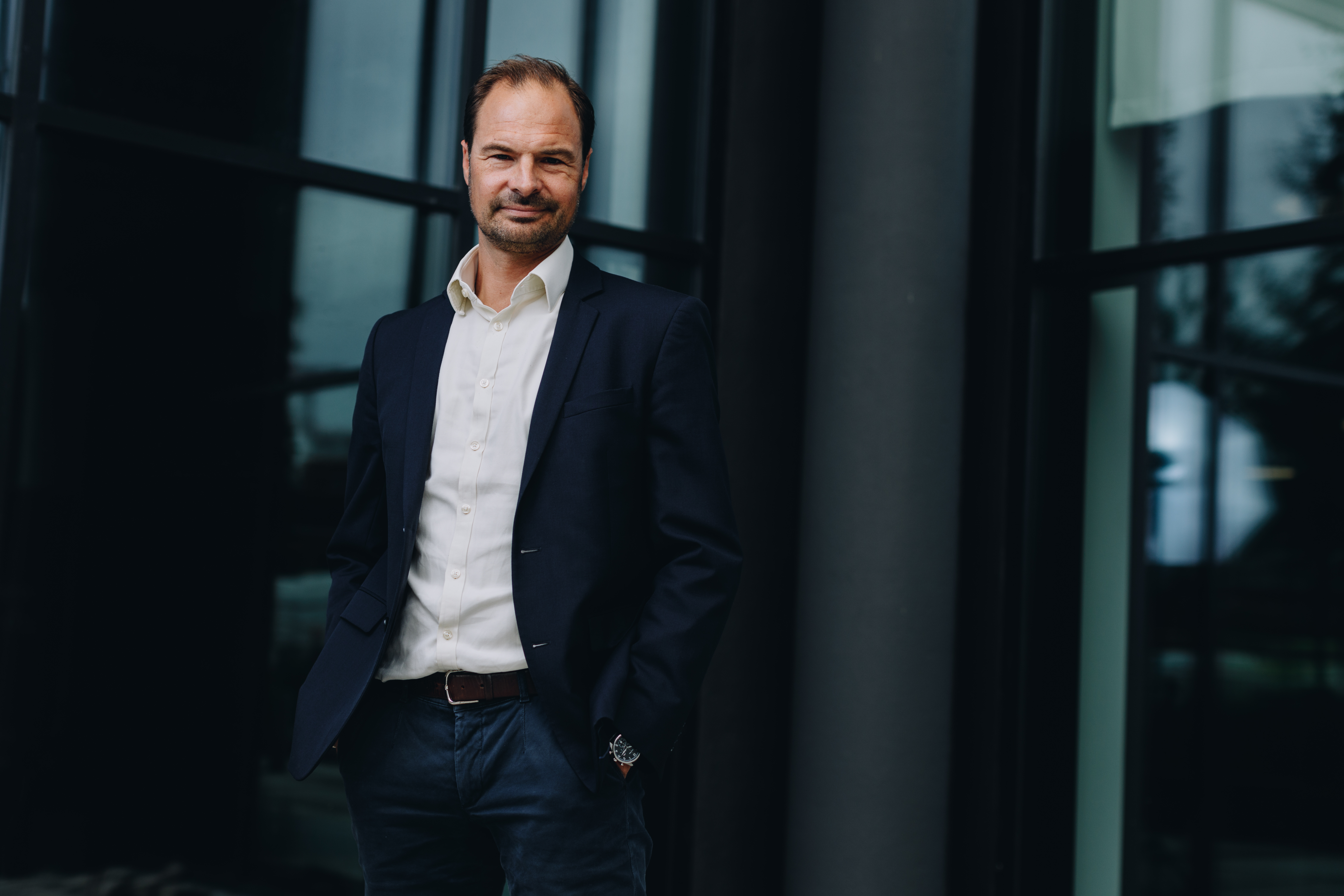New record measurement – now a majority wants to extend their working life

In two years, the number of people in Denmark who can imagine working beyond the state pension age has grown significantly.
In a new large-scale population survey conducted by PFA in collaboration with the analysis firm Wilke, 58 per cent of the respondents answered that they would like to work beyond the state pension age. The same question has been asked over the past two years. In 2024, 48 per cent were ready for an extended working life, while it was 42 per cent in 2023.
“In recent years, we have seen a quiet reform in the labour market, where seniors simply continue to work longer and longer. This measurement shows that the trend has truly taken hold among people in Denmark, who are willing to postpone retirement when the opportunity to work arises,” says Jesper Brask Fischer, Welfare and Senior Manager at PFA.
Rapid cultural change
Seeing such significant growth in just two years indicates that people in Denmark view retirement differently than we are accustomed to. This can also be seen in the actual retirement age and the increasing proportion of seniors who gradually reduce their working life and gradually withdraw from the labour market.
In just twelve years, the average retirement age in Denmark has increased from around 63 years to nearly 67 years.
“Where just a few years ago, retirement is typically on the horizon when one turned 60, now more and more people are looking towards 70. This represents a major change in our work culture. The extended working life has become much more popular, especially when combined with a flexible transition to retirement, such as ending with a four-day work week in the final years,” says Jesper Brask Fischer.
This cultural change is significant for both companies and society as a whole, especially at a time when there is a shortage of qualified labour, and many sectors are struggling to find enough hands and minds.
Great potential
A calculation from PFA shows that if half of all 67-70-year-olds continued to work four days a week after reaching the state pension age, it would result in approximately 24,000 additional full-time employees in Denmark.
“The new labour market for seniors is, first and foremost, a gift for older employees, enhancing their quality of life and boosting their pension savings. But it is also undoubtedly a benefit for society as a whole. The high employment rate, to which seniors are major contributors, helps ensure the strong economy we have in Denmark,” says Jesper Brask Fischer.
According to the new population survey from PFA, the key to unlocking the great potential of senior labour is increased flexibility. Here, “more flexibility and shorter working hours” is the number one incentive to motivate staying longer in the labour market.